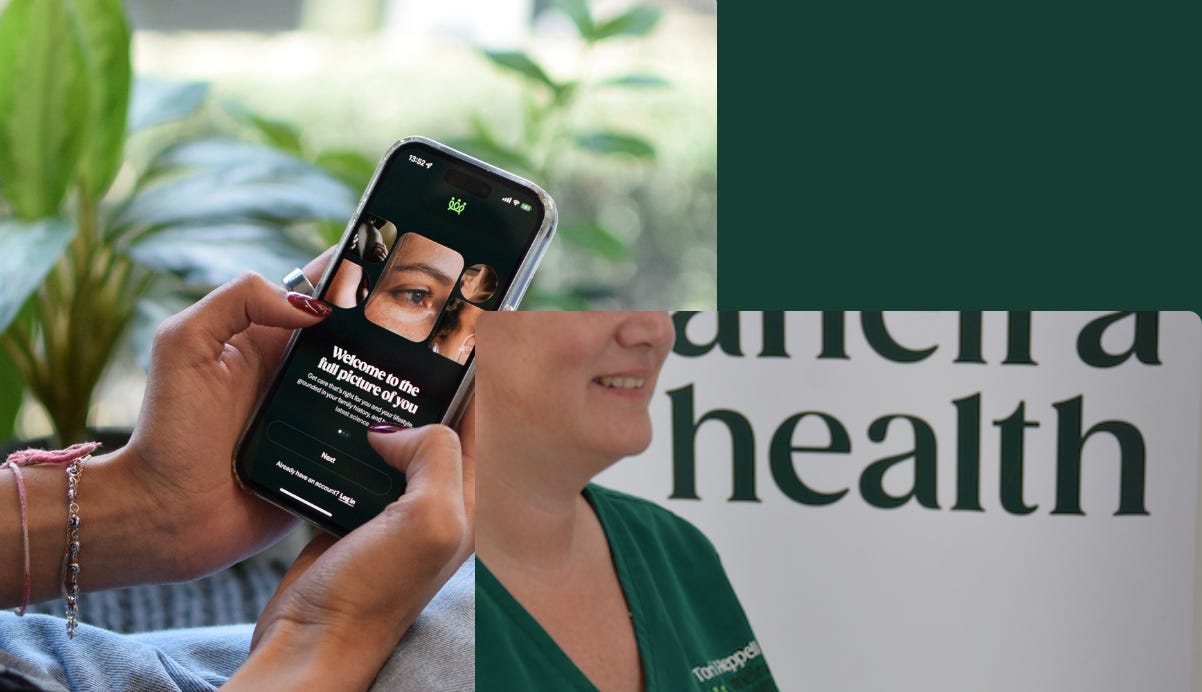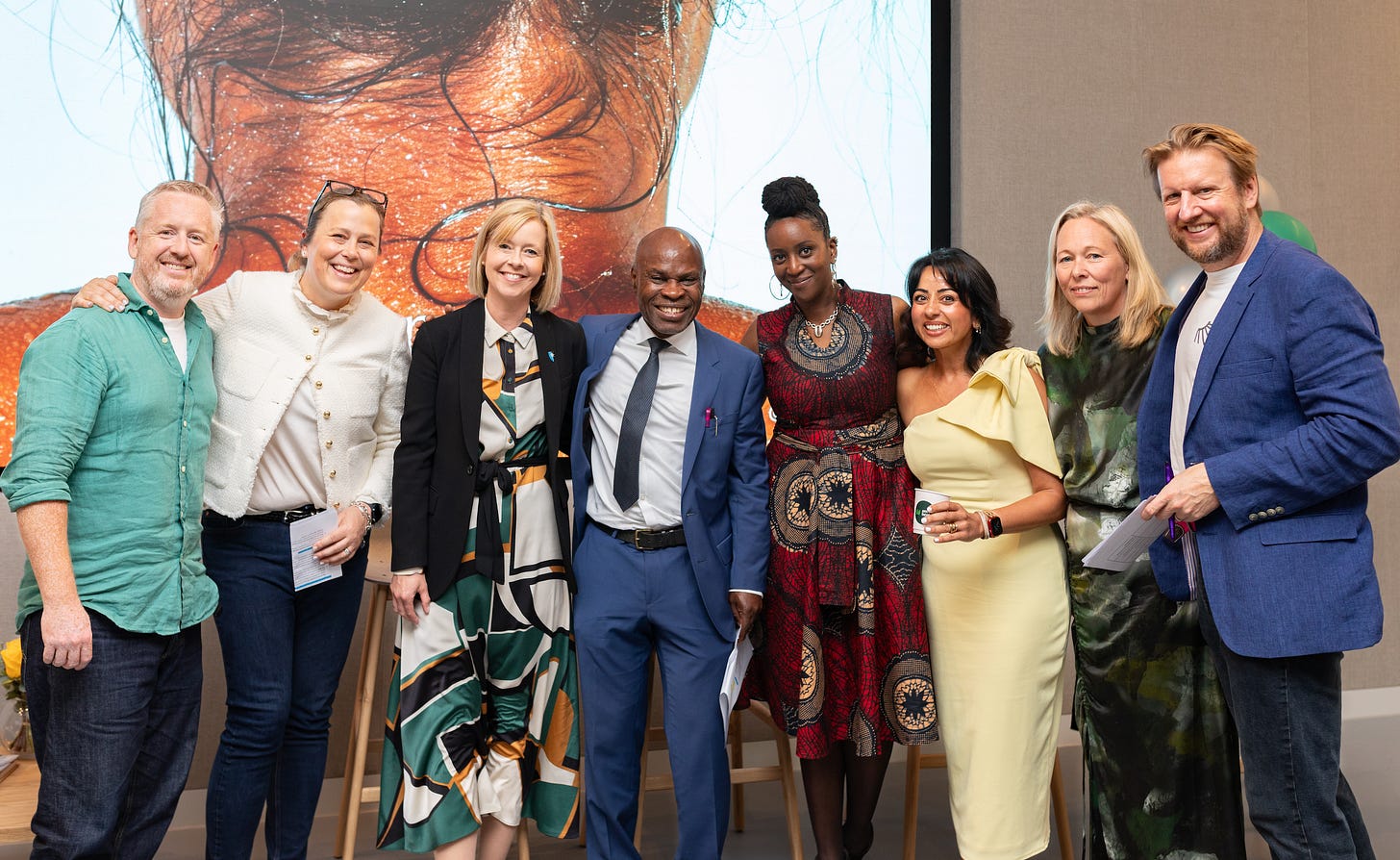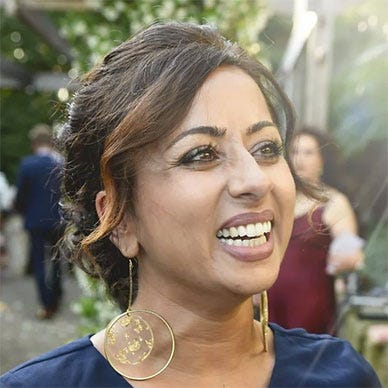Aneira Health: the UK startup on a mission to fix women's healthcare
Launched by a world-class team and already partnering with the NHS, Aneira is pioneering a new model of personalised, continuous care — built for all women's health
Long NHS waiting lists, late diagnoses and one-size-fits-all care - a new UK start-up wants to take on all of this, closing systemic gaps in women’s health.
Aneira Health, officially launched in early June, combines diagnostics, AI, and clinical care into what it calls “whole-life healthcare, built for women.” Rather than a point solution or a symptom tracker, the start-up is a full-stack, subscription-based care model with ambitions to be a new kind of infrastructure for women’s health.
Co-founded by world-renowned geneticist Dr Cecilia Lindgren and former Genomics England CEO Chris Wigley, Aneira is already backed by partnerships with Guy’s and St Thomas’ NHS Trust and accredited by the Care Quality Commission (CQC).
A new model, built around women
Aneira arrives at a moment of deep strain and systemic failure in women’s health in the UK. Over 630,000 women are on gynaecology waiting lists, and conditions like endometriosis still take years to diagnose. Many women fall through the cracks of a system that is not built with their biology or life stages in mind.
Aneira is betting on a different approach — one that combines clinical-grade diagnostics, AI-supported care, and proactive planning. The goal: move from reactive, fragmented services to continuous, personalised support that evolves with a woman’s life.
“We start by baselining each member looking at everything from hormones to genetic risk, and build a care plan that evolves with her over time,” says Aneira’s Chief Strategy and Innovation Officer, Dr Nikita Kanani.
“It is about moving from reactive, fragmented care to something proactive, precise and whole-life.”
So, what is Aneira?
At its core, Aneira offers a subscription-based women’s health service.
Every new member begins with a deep diagnostic workup — including blood tests, hormone analysis, genetic screening, and polygenic risk scoring. A personalised care plan is then developed with a clinician. From there, the platform supports members with ongoing tools: tracking biomarkers, nudging preventative steps, or messaging a care team on-demand.
Some users might check-in monthly. Others less frequently. For women managing chronic conditions like PCOS or endometriosis, the care is more hands-on. For others, it’s a way to stay well, supported by expert advice and digital infrastructure.
“Digital-first, not digital-only”
Aneira aims to integrate clinical depth, digital tools, and human care. The team has built its own large language model to support decision-making, helping clinicians identify patterns earlier and deliver more tailored treatment.
“One-size-fits-all care doesn’t work,” said Dr Cecilia Lindgren, Co-Founder and Chief Science Officer on launch day.
“We’ve redesigned the diagnostic model with cutting-edge science and created a system that starts and finishes with the biology, lived reality and complexities of female health to offer evidence-based care personalised for every woman.”
They've also built an in-house large language model to support clinical decision-making — used not for flashy automation, but to spot patterns earlier and tailor care with more confidence.
“We use AI to reduce friction and free up time for our clinicians and our patients,” continues Dr Kanani.
“Whether it is summarising consultations, fast-tracking results or prompting the next best step, our tools support safer, faster, more personalised care.”
Prevention, diagnosis or management? All three.
So, who is Aneira for? Chronically ill patients? Healthy women looking to stay that way? Women trying to conceive?
“It depends on the woman” says Dr Kanani. “but Aneira is built for all of her.”
“For some, we are managing a diagnosis like endometriosis. For others, we are helping plan for pregnancy or navigate menopause. For many, we are simply helping them stay well. We cover the full spectrum of women’s health and life stages, from sexual health to chronic conditions, and everything in between.”
This kind of continuous, preemptive care could be a game-changer for the UK — especially in a system where women are often told to “wait and see,” or are bounced between GPs, specialists, and private services.
And then there is the goal of supporting behaviour change from reactive to proactive:
“We aim to shift the mindset from only when something is wrong to how do I stay well,” says Dr Kanani.
“Some members check in monthly, others less often, but we always work proactively. Our care teams reach out based on changes in data, test results or life stage. Our app, coordinator model and digital nudges help women stay connected to their health on their terms.”
A prototype for something bigger?
Aneira’s pricing (subs are currently from £33 per month up to £109 per month*), may not be accessible to everyone — yet. But the company is clear about its bigger vision:
“We already partner with Guy’s and St Thomas’ NHS Trust, with the aim of making Aneira free to the point of use for all women. The vision is to integrate, complement and enhance the existing system.
“We work alongside the NHS, not in competition, helping to reduce waitlists and provide a model that fills long-standing gaps in women’s health research, diagnosis and support.”
In other words: Aneira isn’t aiming to be just care. It sees itself as infrastructure too. A new layer in the UK healthcare ecosystem that combines private innovation with public alignment — and offers a roadmap for what modern, female-focused care could look like.
As Dr Kanani summarises:
Too often, healthcare has been built without women in mind. At Aneira, we are designing an infrastructure that fits women’s lives and bodies while also providing access to expert, joined-up care.
“We are building something with real depth and long-term impact. This takes time and care, but it is how you build something that truly works.”
*this article was edited after publication include correct pricing information





